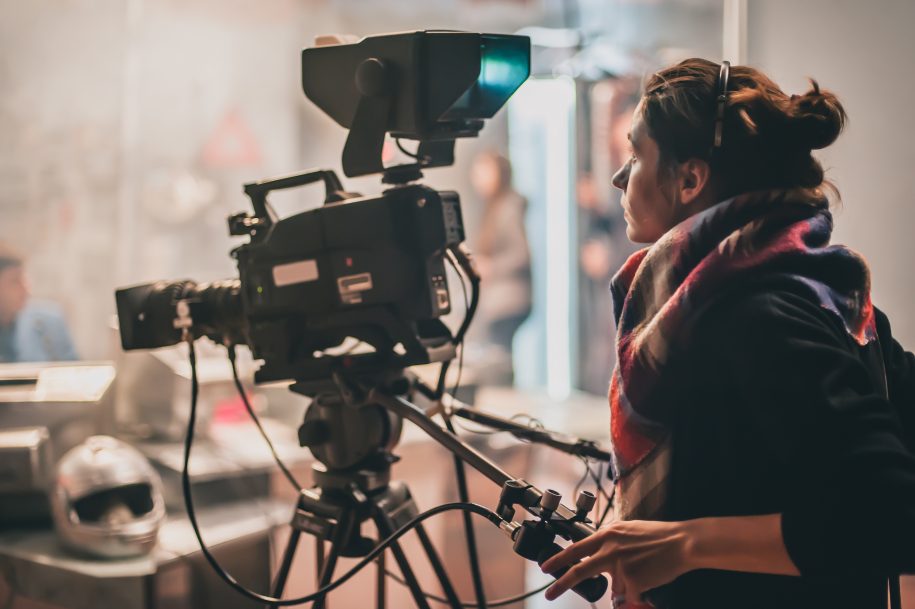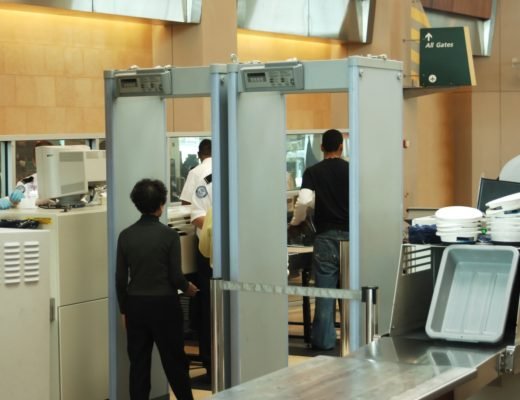Choosing to attend film school is a big decision. It can be expensive and requires a lot of time and effort. But it’s also an incredibly rewarding experience that can help you achieve your career goals. If you’re interested in becoming a filmmaker, check out this guide to learn more about the college filmmaking experience.
Set Equipment
Set equipment is a significant part of filmmaking. In college, you’ll learn about the types of set pieces and how to use certain equipment you’ll often find on set. For example, a shotgun mic is typically used in professional filmmaking situations, as they offer great sound quality and can be used to capture sound from a distance. In college, you’ll learn how to use one effectively. You’ll also learn how to use and hold a film camera, which involves plenty of different features to memorize. Oher topics include props, set designs, and other types of equipment.
The History of Filmmaking
Film history courses offer students the opportunity to learn about the origins of cinema and how it has evolved over the years. They also provide an introduction to the critical analysis of films, teaching students how to interpret films and understand their significance. In addition to learning about the history and mechanics of filmmaking, students will also develop an understanding of film theory and criticism. This will allow them to discuss films meaningfully and appreciate their artistry and technical achievements. You’ll likely watch iconic movies and discuss each film with your peers. Discussion topics are often related to plot, symbolism, and directing.
Film Editing
Film editing classes can give students the essential skills to edit films. These classes can teach students about the different types of edits, how to use software to edit films, and how to create a cohesive film. For example, you may watch several movies and analyze the cuts of the film and how they impacted your viewing experience. You’ll also learn how to use editing software to edit scenes and make cuts. Editing classes can also help students learn about the filmmaking process and how to work with other film crew members. If you’re unsure whether you’re more interested in directing or editing, talk to your guidance counselor for college and discuss your options.

Screenwriting
When most people think about screenwriting, the first thing that comes to mind is writing a movie. But, screenwriting is also the process of writing any type of visual media, including movies, TV shows, video games, and even ads. Screenwriting classes can teach you the essential elements of a good screenplay, including plot, character development, dialogue, and setting. Screenwriters essentially write the entire plot and include extra insight into the motivations of each character, as well as the setting. They can also help you learn how to create your screenplay correctly, which involves strict formatting rules consistent across all scripts. Many programs also offer education on how to market yourself as a screenwriter in the film industry. Additionally, screenwriting classes teach students to use special software that properly formats and effectively edits screenplays.
Cinematography
When you take a cinematography class, you learn about the art and technique of capturing moving images on film. You’ll also learn about the different types of cameras, how to use them, and how to control the lighting, shadows, and color to create a specific mood or feeling. Various post-production techniques that enhance your finished product are a big part of the cinematography program. If you’re more interested in setting a scene beautifully than writing one, you may want to become a cinematographer.
A college filmmaking curriculum can give you the skills you need to launch a successful filmmaking career. So if you’re interested in breaking into the film industry, consider enrolling in your local filmmaking program.




